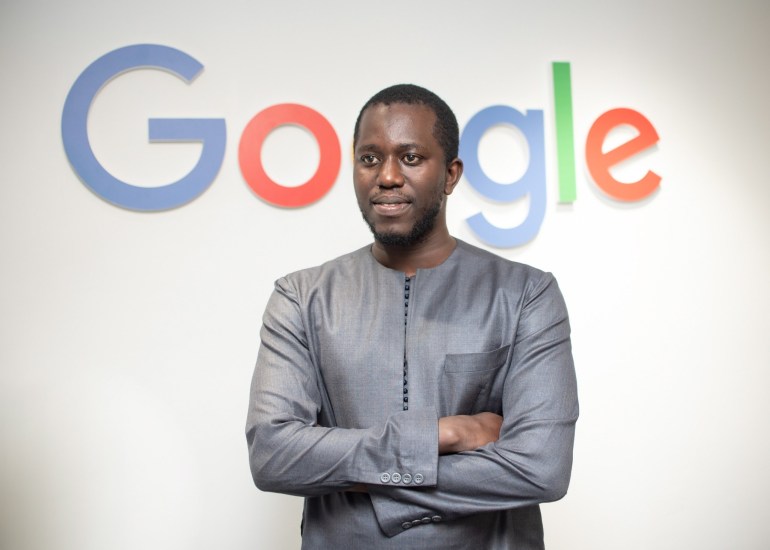TechInAfrica – Google has launched its Africa’s first Artificial Intelligence Lab in Ghana in order to help developers create solutions to real-world problems. Google’s AI Lab provides a machine called TensorFlow and can be installed on a smartphone, helping farmers to diagnose plant diseases and boost production.
The launching of the AI lab center was held last week at the center’s location in Accra, Ghana’s capital city.
AI is a fast-growing tech trend that can be applied in many sectors, including agriculture, education, health, and so on. According to Google’s Research Scientist, Moustapha Cisse, the main goal of the AI center is to provide developers with the necessary research to solve problems that Africa faces today.

Cisse said: “Most of what we do in our research centers at Google and not just in Accra, we publish it and open-source code so that everybody can use it to build all sorts of things.”
Cisse furthermore said that TensorFlow app that is used by farmers to detect plant diseases, is a product model that his team plans on collaborating with other relevant institutes across various sectors. In this matter, a team of Pennsylvania University and the International of Tropical Agriculture are using the app to build new AI models to deploy on phones and to diagnose crop disease.
“When we do science, the results of our research, usually and hopefully, because it is of good quality, goes way further than we expect and we are hoping to see the same things happen here in Accra and across Africa,” Cisse said.

Google’s AI Lab center in Africa is engaged directly with researchers in African universities, providing grants in AI-related fields and offering Ph.D. scholarships for those who are interested and qualified. Furthermore, the tech company also support graduate programs in Machine Intelligence at the African Institute for Mathematical Sciences center in Rwanda.
Apart from that, the center also focuses on advancing Google Translate’s ability to capture African languages more accurately, noting that the continent has more than 2,000 dialects to be served better.
Source: cnn.com


